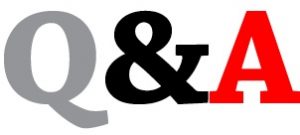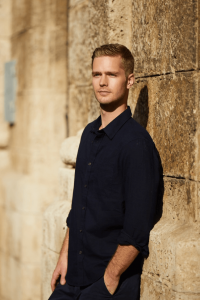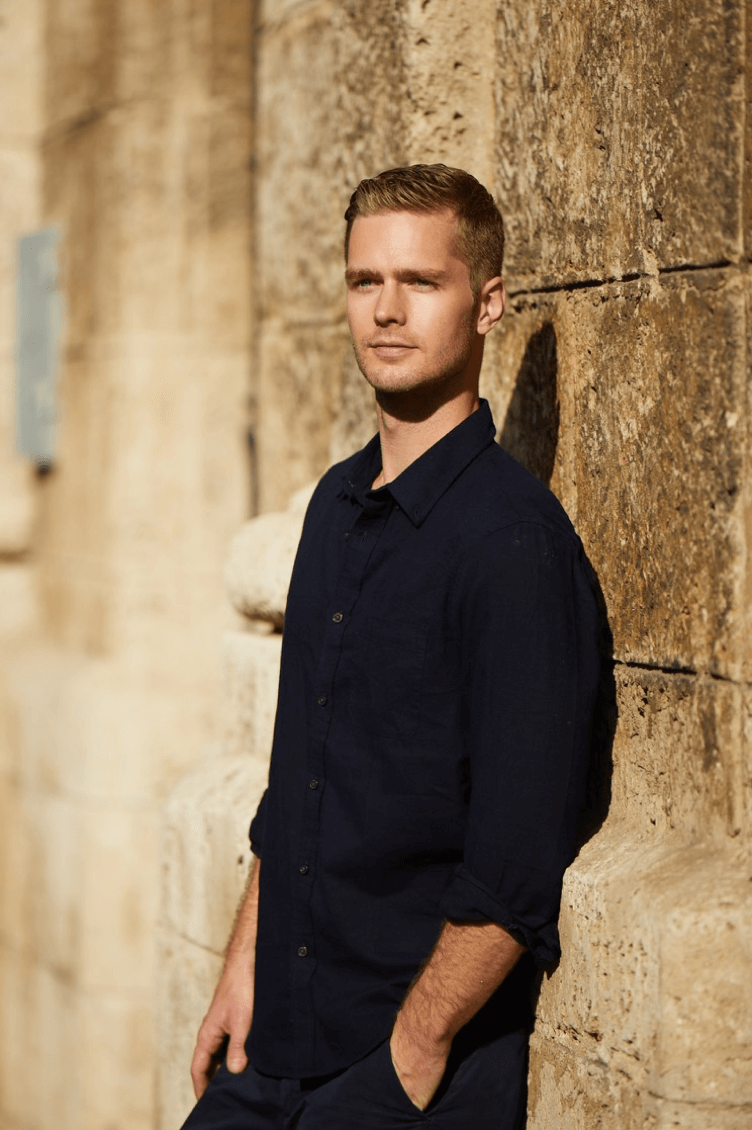 Life didn’t exactly become easier when Chad Olin left Wall Street to reinvent himself as an entrepreneur. After working in investment banking and private equity, the 30-year old Harvard Business School graduate in 2015 moved to Miami and founded Cuba Candela — in his own words, “with no prior connection to Cuba, no Spanish speaking ability, no industry experience, no clients, no partners, no investors, no market research and no business relationships”. The first 18 months were “brutal”, according to Olin. But then, the Trump administration’s war on Cuba travel began. And that triggered “100-hour weeks, sleepless nights and bottomless cups of coffee stacked up, [and] my health began to suffer symptoms of chronic stress and physical exhaustion, yet another challenge to overcome.”
Life didn’t exactly become easier when Chad Olin left Wall Street to reinvent himself as an entrepreneur. After working in investment banking and private equity, the 30-year old Harvard Business School graduate in 2015 moved to Miami and founded Cuba Candela — in his own words, “with no prior connection to Cuba, no Spanish speaking ability, no industry experience, no clients, no partners, no investors, no market research and no business relationships”. The first 18 months were “brutal”, according to Olin. But then, the Trump administration’s war on Cuba travel began. And that triggered “100-hour weeks, sleepless nights and bottomless cups of coffee stacked up, [and] my health began to suffer symptoms of chronic stress and physical exhaustion, yet another challenge to overcome.”
Describe your company.
CO: Cuba Candela provides private custom tours primarily to individuals, also known as FIT travelers, who tend to be couples and families. Our target clientele are affluent Americans residing in major U.S. cities. Our exceptional service and authentic local experiences differentiate us from other travel service providers.
What impact did the people-to-people prohibition have on Cuba Candela?
CO: We were operating tours under both the ‘people-to-people’ and ‘support for the Cuban people’ travel licenses, depending on the nature of the group and the client preferences. Now, we have modified our ‘people-to-people’ offerings to comply with the ‘support for the Cuban people’ requirements.
And how is Plan B working?
CO: As we had already been operating client programs under ‘support for the Cuban people’, we had previously studied the legal requirements in detail and were experts on the nuances of the ‘support for the Cuban people’ license. Accordingly, we were able to quickly and legally modify our ‘people-to-people’ programs to avoid disruption to those client groups.
Any expectations of how your re-jigged programs will do?
CO: As with any new operation, there are always kinks to work out. The first program is typically the hardest. To address the added complexity, we build multiple safeguards into our service to ensure the highest degree of quality with each program, such as surprise ‘bonuses’ for clients, which go above and beyond the initial client promise. These could be little things like a welcome gift or a handwritten note on a special piece of vintage Cuban memorabilia, or bigger things like a ‘spontaneous’ concert experience built around an activity. Additionally, we always price these first programs at a meaningful discount to ensure that we deliver above and beyond on the clients’ value expectation.
How has your company fared in its first years, and particularly the first half of this year?
CO: I launched Cuba Candela toward the end of the friendlier Obama administration and had to quickly adjust to the Trump administration’s policies. All things considered, we have grown significantly every year since inception, including in the first half of 2019.
Cuba is a market with a lot of political and financial disruption potential. How do you plan for that in your business?
CO: Our business model of providing private custom tours for individuals is relatively insulated from the U.S. political volatility for a few reasons. First, we don’t work with many institutions that can get tripped up by a perceived risk or other internal controls related to Cuba. Second, we strictly comply with all U.S. and local laws, even when industry practice may suggest we are unnecessarily rigid in our compliance. However, this allows us to welcome the spotlight and as a result, we can pound the table that much harder about how Cuba is one of the world’s most incredible destinations, which really does help to offset confusion about travel rules. This also allows us to provide certain guarantees regarding the legality of our services, which encourages bookings. Lastly, we treat all constituents with whom we engage, whether local partners, clients or staff, with the utmost respect and integrity to build goodwill and trust among all parties, which helps mitigate disruption from U.S. rule changes, while bolstering our mission to make a positive 360-degree impact.

How do you plan to make it through December 2020, or December 2024, if Trump is re-elected?
CO: Like the rest of the industry, I was shocked when the Trump administration cancelled Cuba cruises because it dealt a major blow to U.S. businesses. Moreover, it was highly disruptive for American consumers, trampled on U.S. citizens’ constitutionally protected right to freely travel, and resulted in significant losses of U.S. jobs. Honestly, I think the Cuba cruises had become more popular than anyone initially imagined, with 800,000 booked clients cancelled overnight in the latest change. The billion-dollar Cuba cruise market arose from nothing in a few short years and is just one example of the irresistible appeal of Cuba as a destination for Americans, a reminder of the long-term opportunity there. While new restrictions may come during Trump’s first term and a possible second term, the longer-term trend of U.S.-Cuba engagement is here to stay. These travel restrictions are not in the best interest of the American people, nor the Cuban people, and as this becomes increasingly well known to American voters, a more sensible policy will emerge.
For more information, see https://www.cubacandela.com/chad-olin-founders-story

